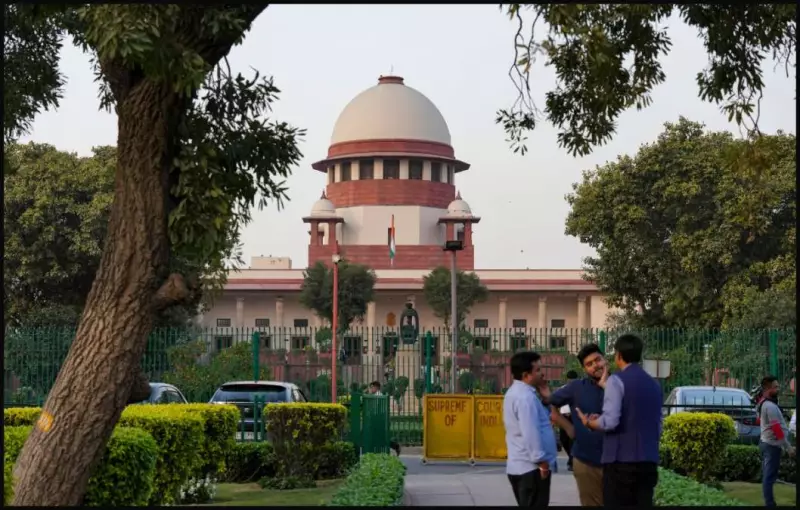
The Central government has formally commenced the significant constitutional process of appointing India's next Chief Justice, marking a pivotal moment for the country's judicial landscape. This development comes as current Supreme Court judge Justice Gavai prepares to demit office on November 23, 2025.
The Succession Line-Up
According to well-established seniority conventions, Justice Surya Kant stands as the natural successor to assume the role of India's 51st Chief Justice. The appointment follows the long-standing tradition of appointing the senior-most Supreme Court judge to the prestigious position.
Timeline and Procedure
The appointment process, initiated well in advance of Justice Gavai's retirement, ensures a smooth transition at the helm of India's judiciary. The Law Ministry has begun the necessary consultations and paperwork, following the Memorandum of Procedure that governs such high-level judicial appointments.
Justice Surya Kant's Judicial Journey
Justice Surya Kant, known for his landmark judgments and progressive outlook, brings substantial experience to the position. His elevation to Chief Justice would represent a significant milestone in his distinguished legal career that has spanned decades and included crucial rulings on various constitutional matters.
What This Means for Indian Judiciary
This transition comes at a crucial time when the Indian judiciary faces several important challenges and pending cases of national importance. The new Chief Justice will oversee:
- Administration of the Supreme Court and lower judiciary
- Appointment of judges to higher courts
- Key constitutional matters pending before the court
- Judicial reforms and modernization initiatives
The appointment is expected to be finalized in the coming weeks, ensuring continuity in the leadership of one of the world's most active judicial systems.





